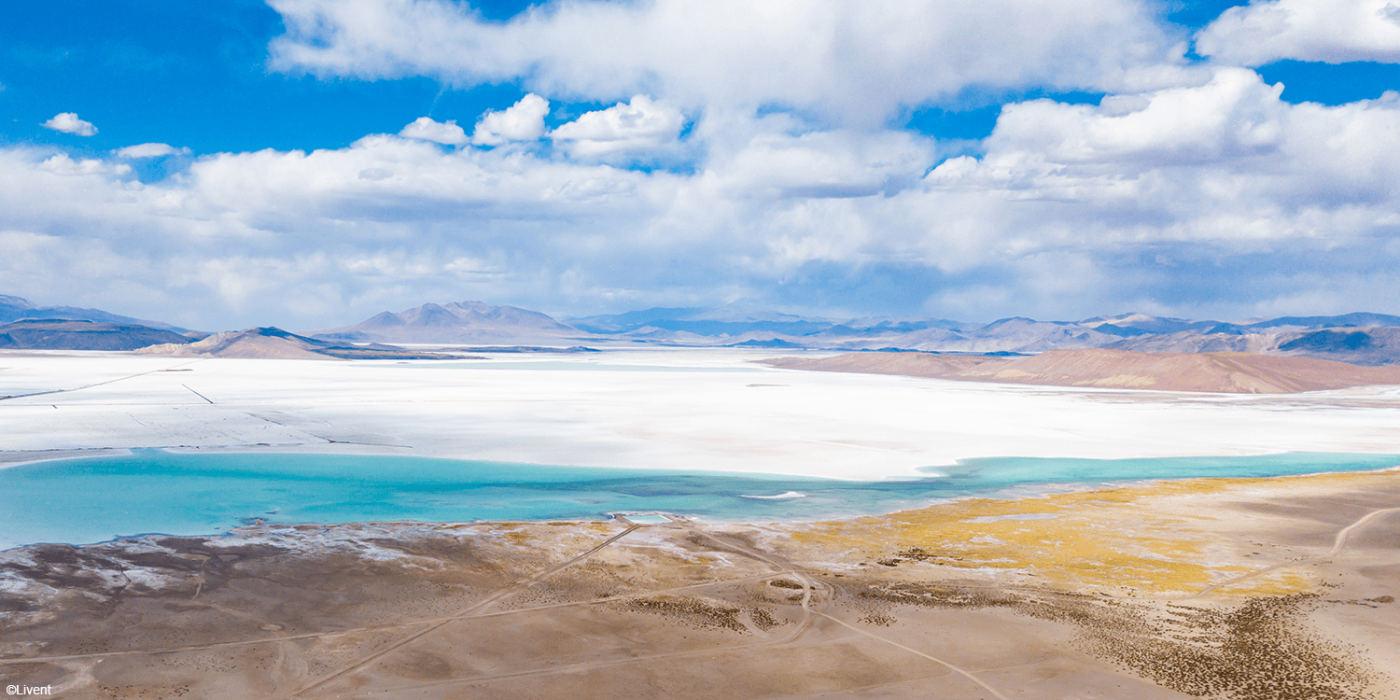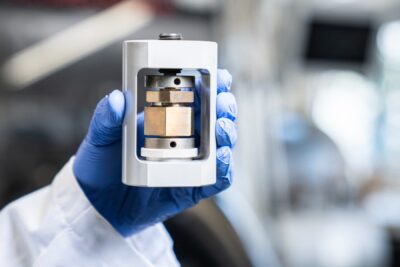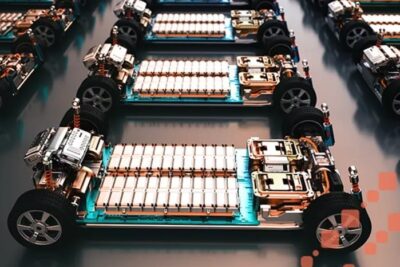Posco reveals plans for a lithium hydroxide plant in S.Korea
The South Korean steel company Posco has announced plans to build a factory in Gwangyang in S.Korea to extract lithium hydroxide for electric car batteries. The company also plans to invest in Argentina to further its electric vehicle ambitions.
++ This article has been updated. Kindly continue reading below. ++
The construction of the Gwangyang plant is expected to start in the first half of 2021 and be completed in 2023. The South Korean company says that the plant will have an annual production capacity of 43,000 tonnes of lithium hydroxide, which it says will be enough for around one million electric vehicles. The spodumene will be sourced from a plant in Australia.
Posco has not chosen the location by chance: Posco has already been operating a test facility in Gwangyang for two years to improve the technology. Not only that, but a factory for the production of cathode materials in which the lithium hydroxide is further processed is already located there. The cathode materials factory is to be expanded to a capacity of 100,000 tonnes per year by 2023, as announced in February.
Posco will also begin construction of a plant near the Salar del Hombre Muerto salt lake in northern Argentina over the next few months, which is to offer an annual production capacity of 25,000 tonnes of lithium. The group also owns the mining rights in Argentina, and according to Posco, the reserves in the plant should be sufficient for up to 370 million electric cars.
Further plants are apparently already being planned: Posco wants to reach a capacity of 220,000 tonnes of lithium hydroxide per year by 2030.
In addition to the production of battery precursors, Posco also manufactures fuel cell components. This business segment is also to be expanded in March. Posco is the fifth-largest steel producer in the world, but has been trying to diversify its business model beyond steel for several years and for these reasons is investing in the growing EV sector – both for FCEVs and BEVs.
Update 26 May 2021: About six weeks after the announcement, Posco has started construction of the lithium hydroxide extraction plant in Gwangyang. The plant will reportedly have an annual production capacity of 43,000 tonnes of lithium hydroxide when completed, scheduled for 2023.
At the groundbreaking ceremony, Posco also gave some details on the supply chain. The Korean company wants to import spodumene from Pilbara Minerals in Australia and process it into lithium hydroxide in Gwangyang. Later, material from the above-mentioned plant in Argentina will also be added.
In order to secure the production of cathode material for which a corresponding plant is also being built in Gwangyang, Posco took over 30 per cent of the Ravensthorpe nickel mine in Australia last week. According to South Korean media, the investment was just under 200 million euros.
yna.co.kr, ajudaily.com, koreabizwire.com, yna.co.kr (update)





2 Comments